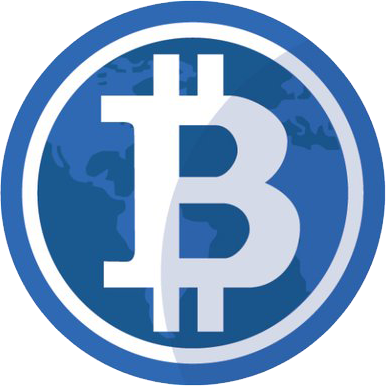Benefits of decentralized finance (DeFi)
DeFi is short for Decentralized Finance, which refers to the digitization of financial services enabled by blockchain-based smart contracts and distributed ledger technology (DLT). These financial operations are available to anyone who wishes to participate and are open, secure, and borderless. DeFi allows the development of active international financial markets that transcend political and economic boundaries.
What Are the Benefits of DeFi?
1. Increased Efficiency: DeFi protocols offer high levels of automation, providing a more efficient and cost-effective financial system built on transparent and trustless networks. 2. Security and Transparency: The immutability of blockchains provides a layer of security and trust not available with traditional financial services. All data and transactions are cryptographically secured and can be audited with greater ease. 3. Openness and Accessibility: DeFi eliminates the barriers of entry and allows users to interact with their assets and services from any location, without the need for intermediary services. 4. Decentralization: By removing the need for a centralized intermediary, DeFi protocols are able to offer financial services without relying on a single source of authority.
Why Is DeFi Important?
DeFi is important for a variety of reasons. By offering efficient, secure, transparent, and accessible financial services, DeFi is helping to drive the global trend towards digitalization and open finance. Additionally, DeFi is helping to promote global economic inclusion, allowing individuals and businesses to access financial services not offered by traditional systems.
What Types of DeFi Are Available?
DeFi extends to many different types of products and services, such as lending, borrowing, trading, derivatives, asset management, insurance, and more. DeFi has grown exponentially in recent years, with more than $50 billion in total value locked in the sector.
What Are DeFi Tokens?
DeFi tokens are native tokens that are used to incentivize and reward users for their contributions to DeFi protocols. They are typically used to govern protocol usage, access governance rights, and pay for transaction fees.
Final Thoughts
Decentralized finance is revolutionizing the way we interact with money and financial services. By offering an efficient, secure, and accessible alternative to traditional financial services, DeFi is providing more opportunities for people all over the world to access financial products. With the growth of the sector, we could soon see major shifts in the way we conceptualize finance and the way it is implemented in our lives.

